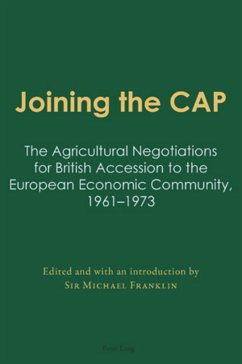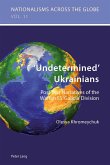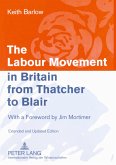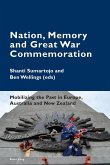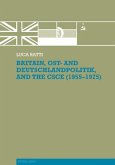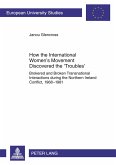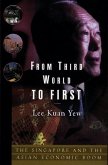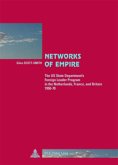The United Kingdom became a member of the European Economic Community on 1 January 1973, after protracted negotiations lasting more than ten years. The two biggest obstacles to entry were General de Gaulle, who vetoed Britain's first application in 1963, and agriculture, both within the UK and in its relationships with other Commonwealth members. This book publishes for the first time the accounts of the agricultural negotiations written for the British government in the late 1980s.
Part I, written by Edmund Neville-Rolfe, describes how the government of Harold Macmillan decided to try for entry, and how the negotiators struggled to reconcile the demands of British farmers and the Commonwealth with the reluctance of the EEC's six existing members to risk changing anything that they had, with great difficulty, just agreed among themselves. Part II, written by J.H.V. Davies, describes the determination of Edward Heath, British Prime Minister from 1970 to 1974, to succeed in the face of thorny issues such as Britain's budget contribution, Commonwealth imports and a common fisheries policy.
In his introduction Sir Michael Franklin, who commissioned these accounts, compares the two negotiations and contributes his own recollections; in a postscript he assesses the consequences for British farming and the UK's place in today's European Union.
Part I, written by Edmund Neville-Rolfe, describes how the government of Harold Macmillan decided to try for entry, and how the negotiators struggled to reconcile the demands of British farmers and the Commonwealth with the reluctance of the EEC's six existing members to risk changing anything that they had, with great difficulty, just agreed among themselves. Part II, written by J.H.V. Davies, describes the determination of Edward Heath, British Prime Minister from 1970 to 1974, to succeed in the face of thorny issues such as Britain's budget contribution, Commonwealth imports and a common fisheries policy.
In his introduction Sir Michael Franklin, who commissioned these accounts, compares the two negotiations and contributes his own recollections; in a postscript he assesses the consequences for British farming and the UK's place in today's European Union.

